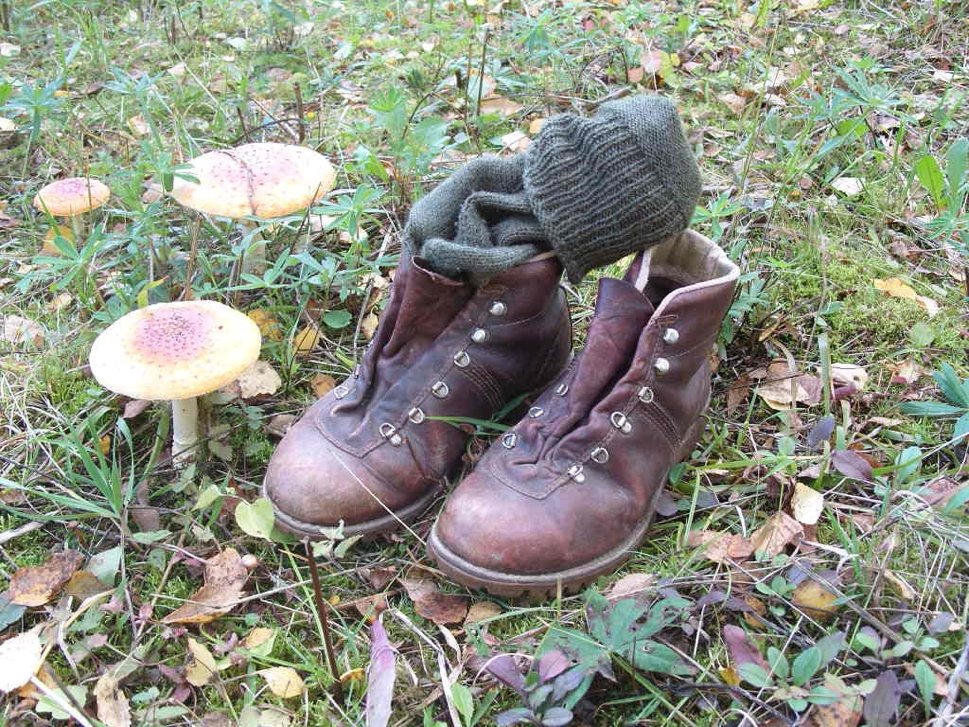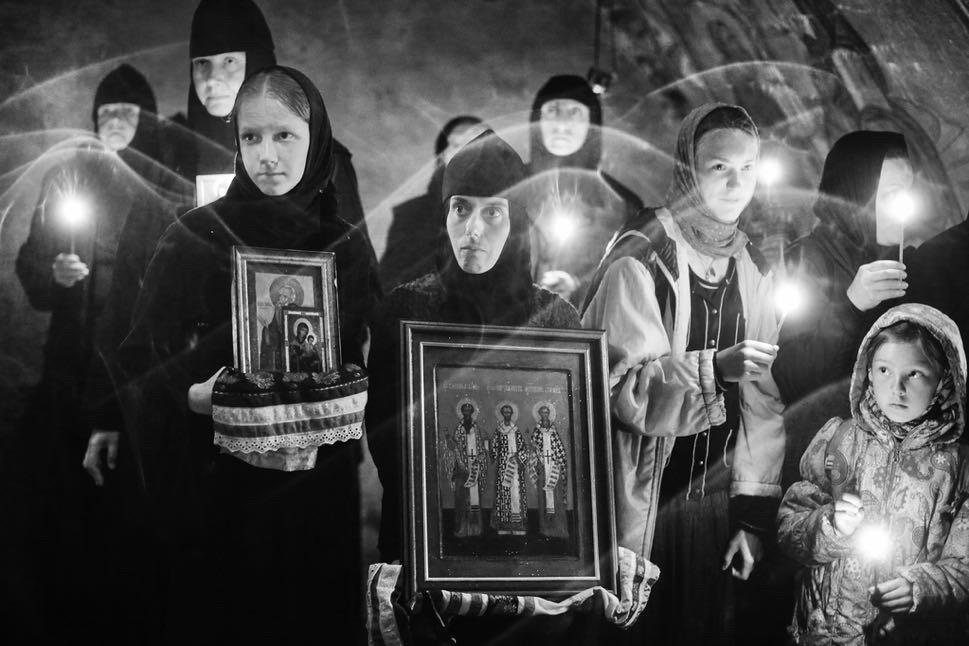Health & Wellbeing
FOODS IN NEUSS

The hefty regional kitchen was never designed to please calorie counters. The traditional local diet includes much meat, thick sauces, potatoes and vegetables. However, late spring sees the arrival of locally grown healthy and light white Asparagus, Spargel, on the markets.
When in season, Rhenish mussels, Muscheln rheinischer Art, prove highly popular. They are cooked with vegetables in white wine and served with typical German black bread, Schwarzbrot. Another dish is black pudding, either with onions, Flöns mit Öl, or roasted with mashed potatoes and applesauce, Himmel und Ähd. The names are in the Rhineland dialect.
As for fast food, Imbiss, the term might have its roots in North America of the eighteen hundreds but the hamburger originates from a recipe of ground beef-steak-bread combination that immigrants brought from Hamburg. Germans have also been eating fast food for an eternity.
Bockwurst
Traditionally made from ground veal and pork and flavoured with salt, white pepper and paprika, That’s Frankfurter or simmered sausage, Bockwurst. Other spices, such as chives and parsley, are also often added in Germany. Thicker but smaller in length than a Frankfurter, this classic is warmed in hot water and often served with potato salad and always with mustard.
Bratwurst
The classic. A Bratwurst, grilled sausage, is fried, has less veal than pork and it is usually served with a slice of toast or a small bread roll and mustard.
Currywurst
A Bratwurst is sliced and doused with ketchup and curry powder, usually not too sharp. Sometimes, someone may order a very colloquial Mantaplatte, which means chips or fries with mayonnaise, ketchup and a curried sausage, Currywurst.
Pommes Frites
Potatoes are deep fried and eaten as chips or fries in several ways: Pommes Weiss with Mayo, mayonnaise; Pommes Rot are with Ketchup, tomato ketchup; Pommes Weiss Rot are served with both mayonnaise and tomato ketchup. Fries are never served with vinegar or brown sauce.
Döner Kebab
In short, Döner, doner kebab, is a dish brought by many Turks that has enraptured and captured Germany. Meat is sliced off a rotating spit of lamb, Schaf, veal, Kalbfleisch, beef, Rind, or chicken, Hähnchen, that is grilled. A Döner is accompanied by a piece of Turkish bread filled with raw onions, salad, coleslaw, tomatoes, cucumbers and either a sharp, Scharf, or garlic, Knoblauch, sauce.
Frikadelle
Meat patties, known also as a Bulette, of many recipes consist mostly of ground meat, breadcrumbs, spices and onions and it is ball-shaped. Quality varies enormously.
Halbes Hähnchen
This is normally purchased at a take away stand or snack bar where the chickens are roasted on spits already well spiced with paprika and salt and sliced in half before being served.
Schnitzel
Boneless, breadcrumbed cutlet, Schnitzel, is mostly served with salad and fries, which comes in several variations: Jäger, hunter Schnitzel is pork with a dark sauce normally consisting of gravy, cream and mushrooms; Zigeuner, gypsy, Schnitzel is pork with a spicy reddish sauce with paprika and onions; Schnitzel Wiener Art, Viennese style, is a crumbed pork cutlet while the original Wiener Schnitzel is veal. Both are served without sauce but with a quarter of lemon.
By Vincent Green, Feb 11 2020
Federal Ministry of Food and Agriculture
Rochusstrasse 1
52123 Bonn
+49 228 242 526 27

HIKING IN NEUSS
Many open spaces entice hikers into the surrounding countryside. Try heading out to the wonderfully peaceful and natural, reclaimed spaces along the Dutch border. The Ruhr region to the east provides more inspiring landscapes with hills and forests.

EXHIBITIONS IN NEUSS
Art venues and museums in and around Neuss regularly present selections of their fine pieces in well presented exhibitions. They often exhibit fascinating and rare works from across the globe with exhibitions of loaned works of art.
The city guide for expats
Amazing Capitals Neuss is a fresh and informative location guide full of insights for expats. It is dedicated to helping international professionals make choices, settle and participate in Neuss, the city on the Rhine with Roman and medieval origins.

